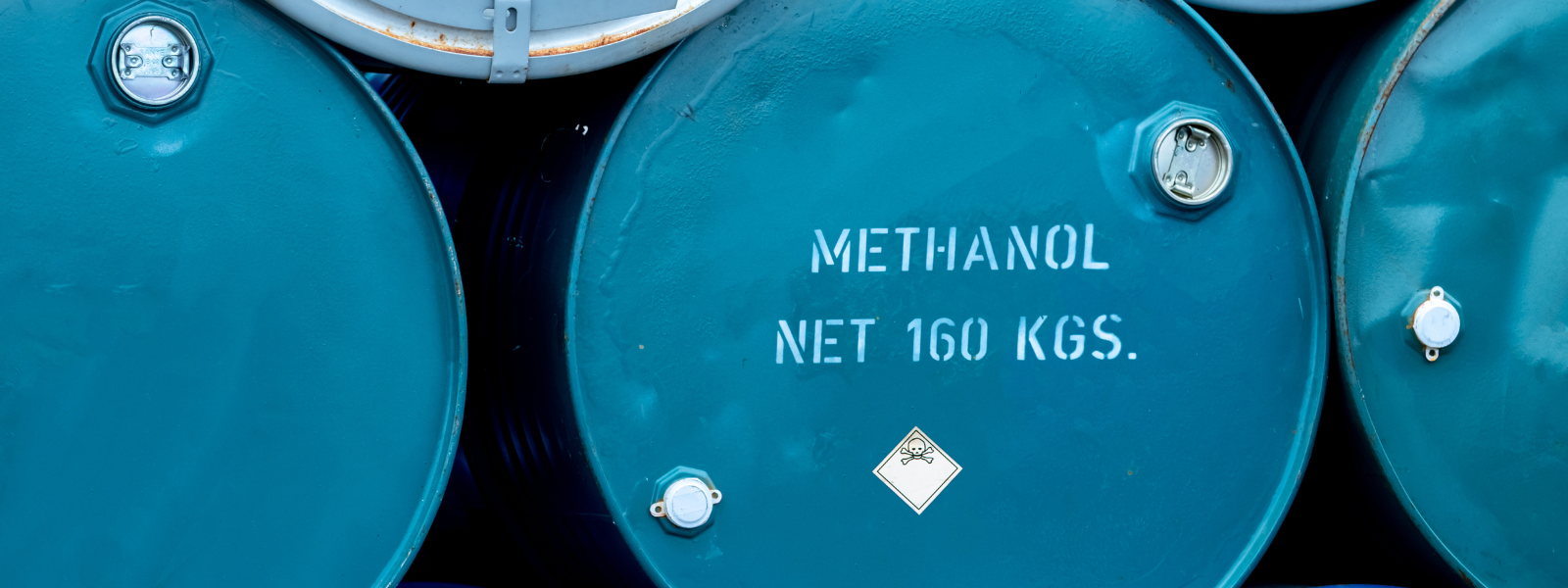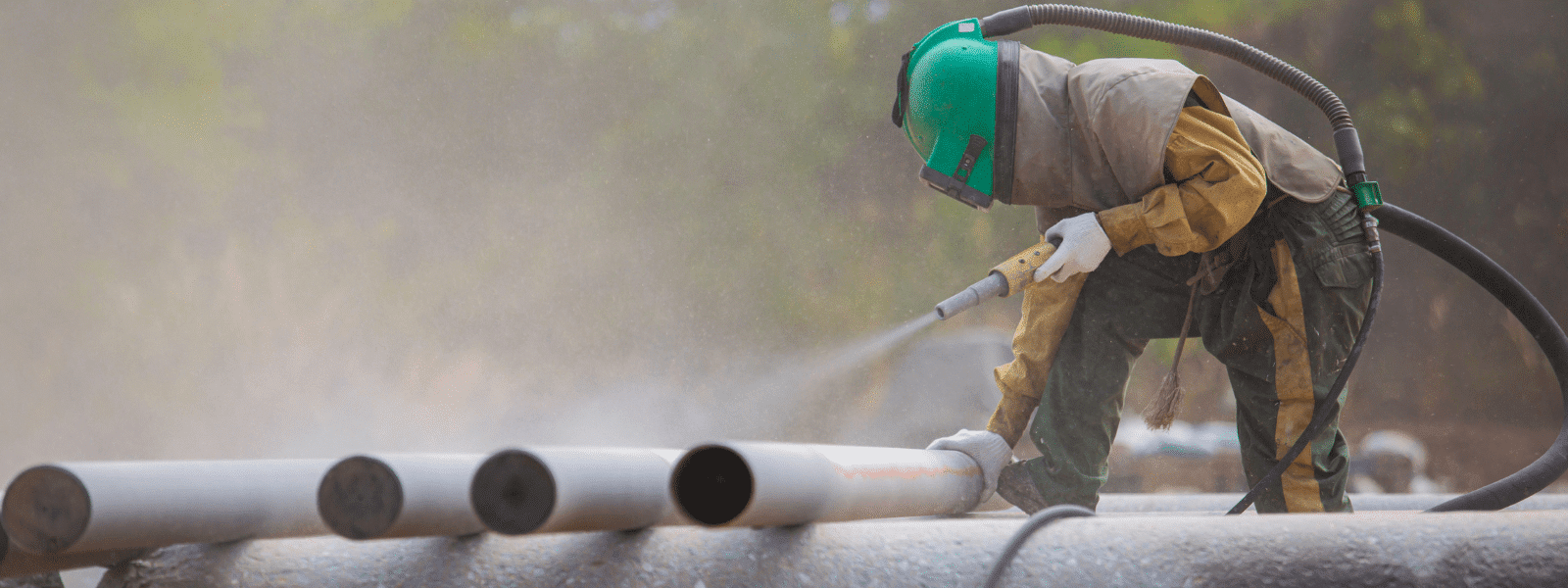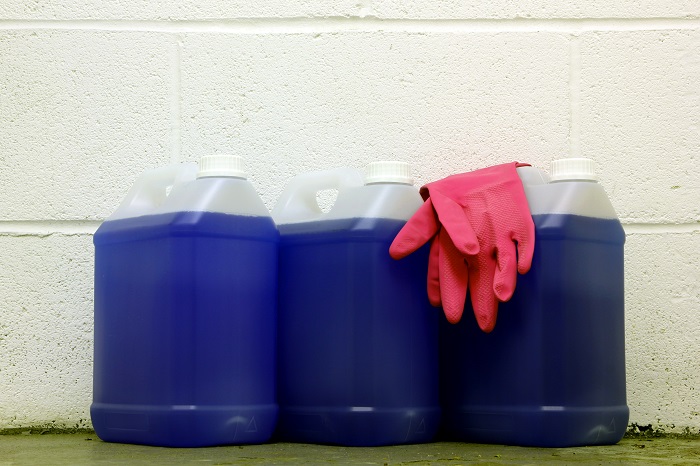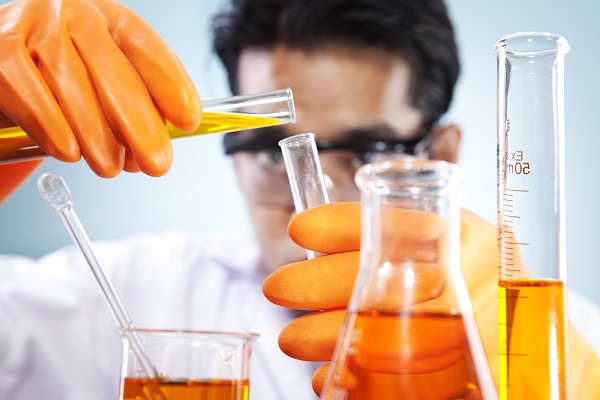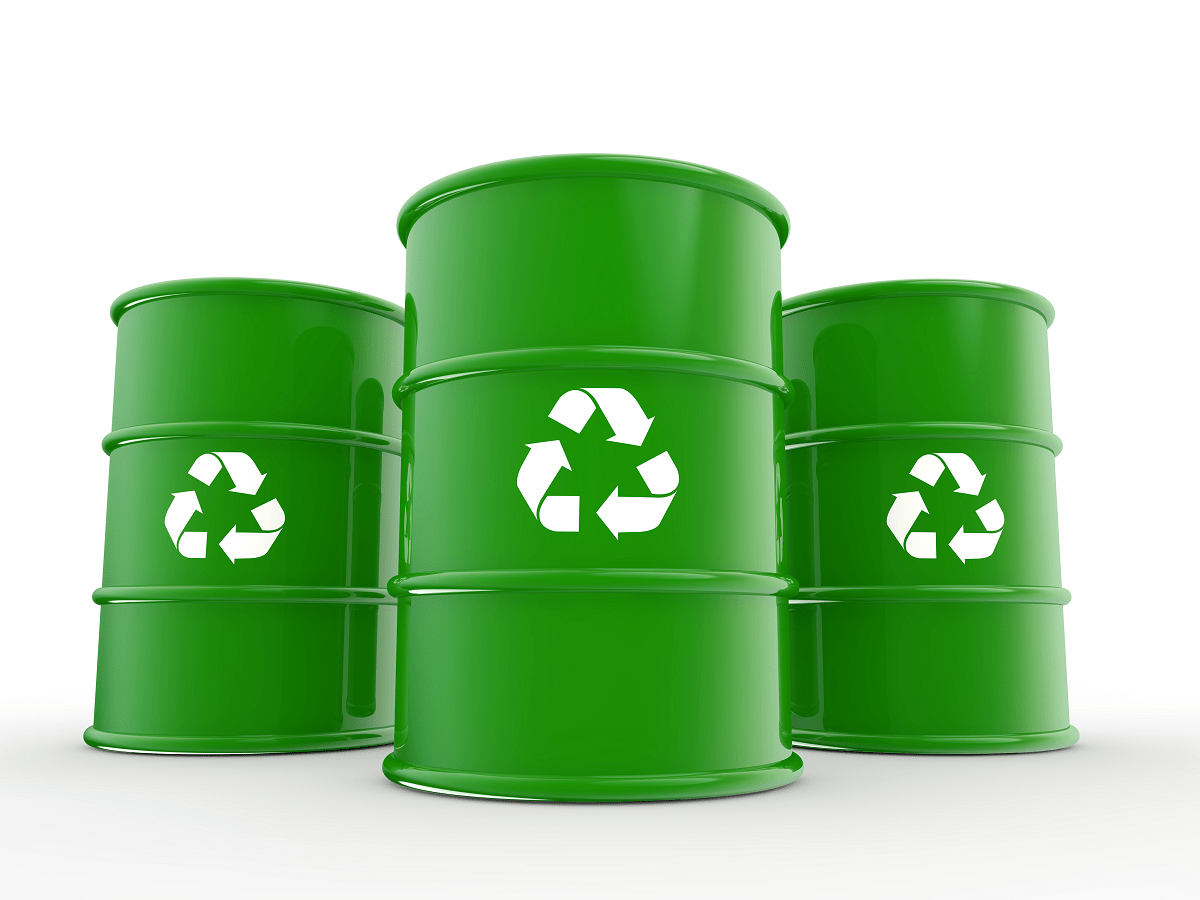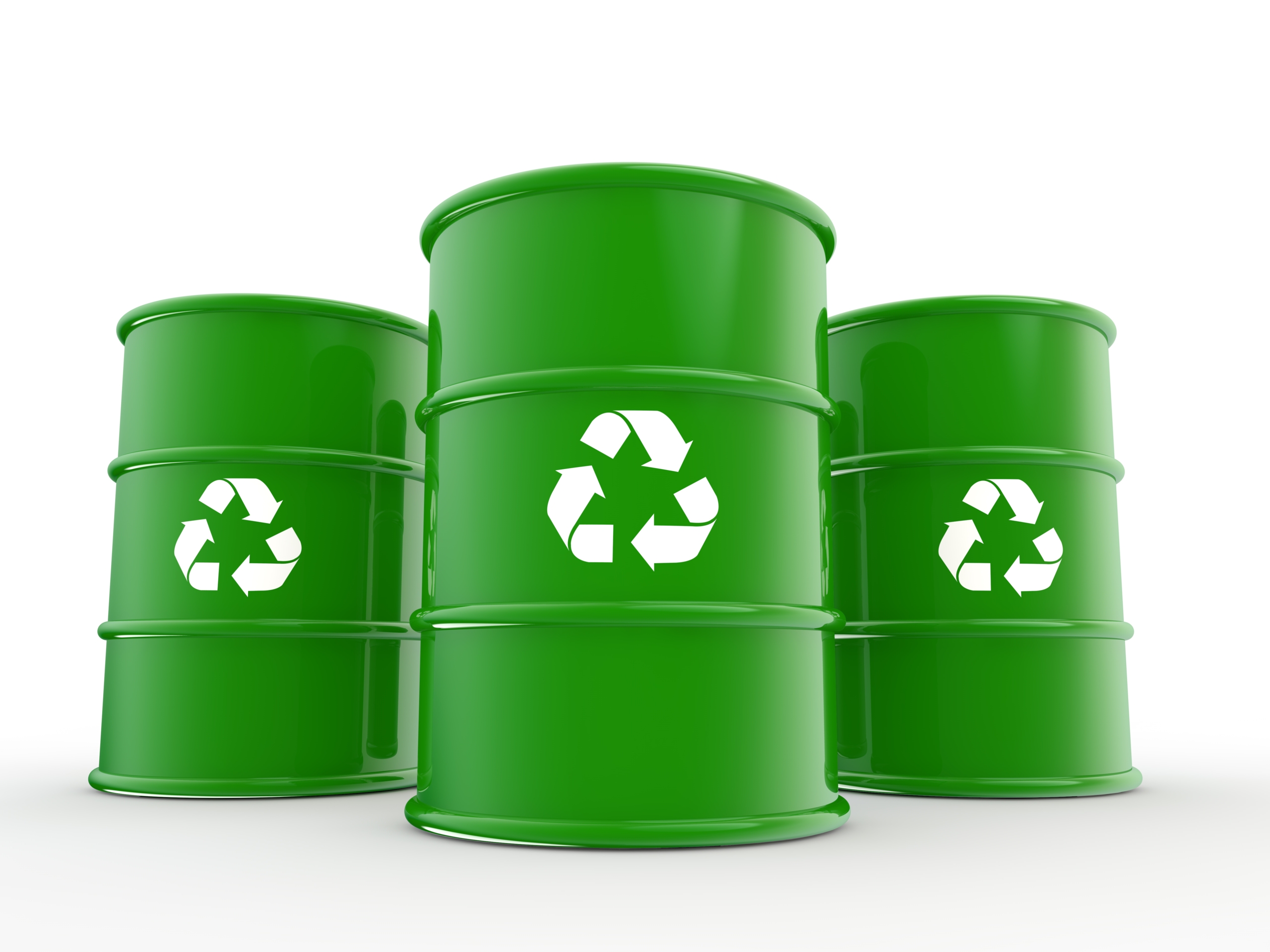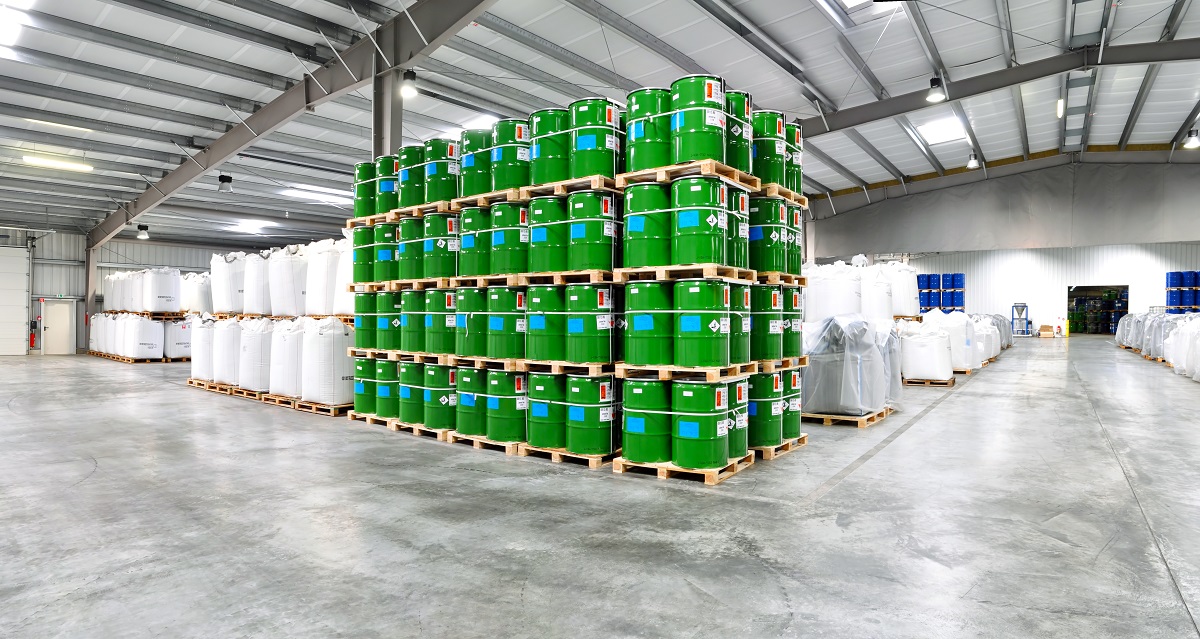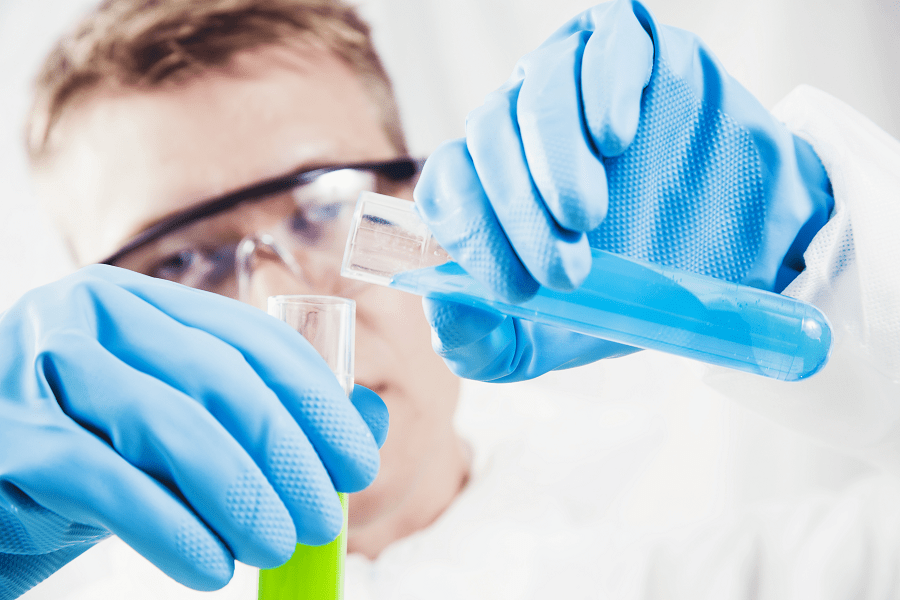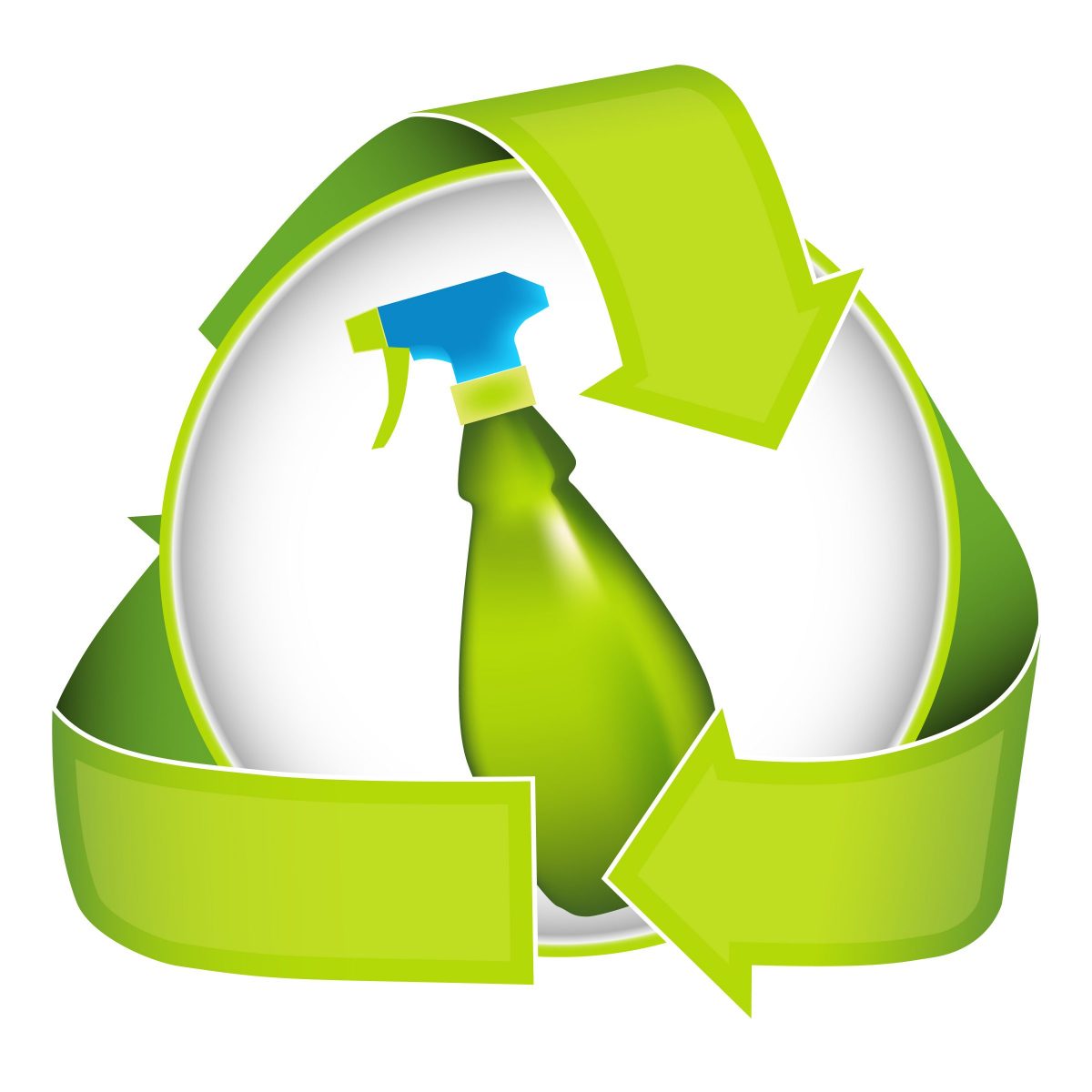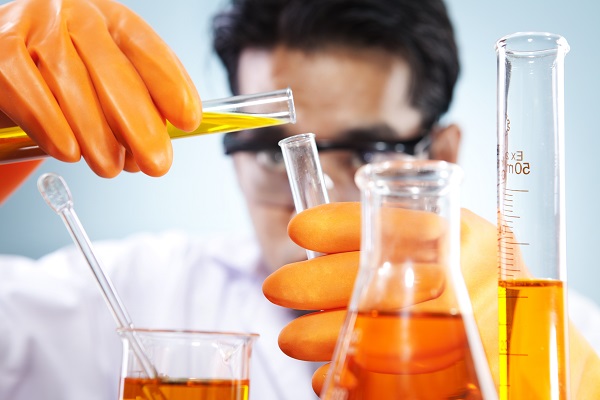Methanol and ethanol are two alcohol-based fuels that have gained significant attention as potential alternatives to traditional fossil fuels. Both...
Blog


CHEMICAL INDUSTRY NEWS
Chemical Chat – Discover What’s New!
Ecolink 4005: The Safe Replacement for nPB and TCE
Solvents, as reliable and popular as they are, are not all as safe as one would expect. Unfortunately, those that are most commonly utilized by...
5 Uses For Ecolink 4005 Non-Flammable Solvent
Solvents are defined as substances capable of dissolving multiple phases of matter. These substances are not only diverse in composition but also in...
The Benefits of Ecolink 4005 for Avionics Assembly Cleaning
Solvents, simply put, are substances capable of dissolving or extracting other substances. However, the range of...
Ecolink 4005: The Safe Replacement for nPB and TCE
Solvents, as reliable and popular as they are, are not all as safe as one would expect. Unfortunately, those that are...
Company News
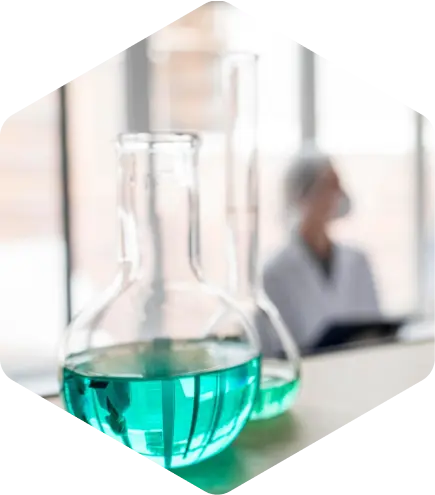
Managed Services
Discover the Latest in Safe and Sustainable Chemical Solutions
Stay informed with Ecolink’s blog! Subscribe now
Chemical Management Information
Stay updated with us
Sign Up for the Latest Updates
Stay informed about chemical supply chain disruptions and emerging innovations to keep your business at the forefront of efficiency and innovation. Uncover new ways to make your business practices more sustainable by incorporating safer products into your cleaning lineup.



